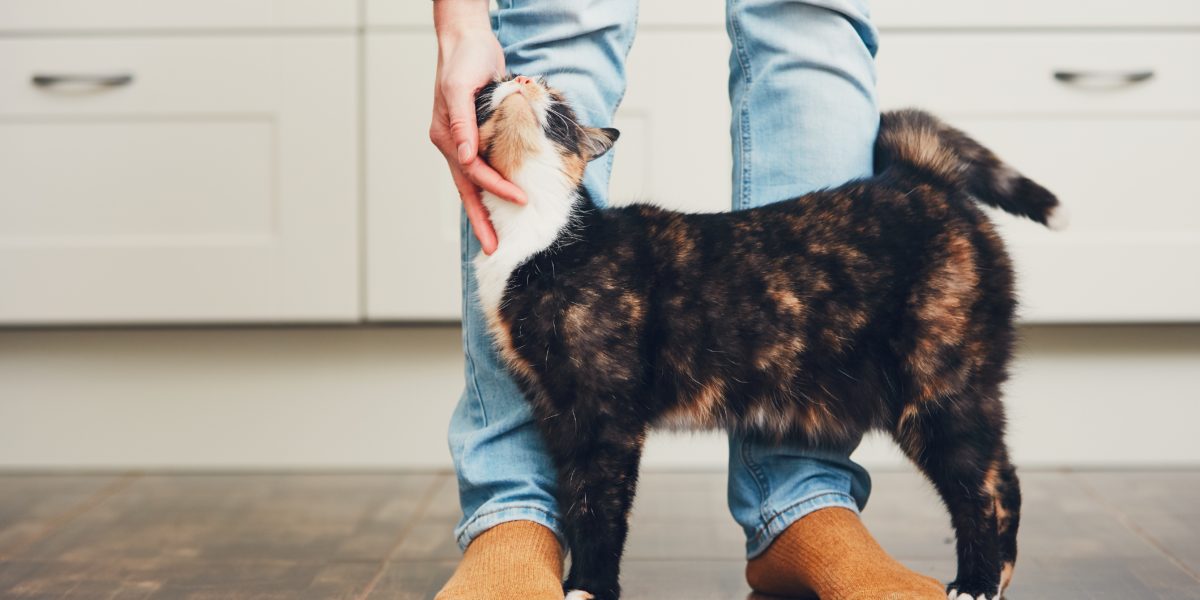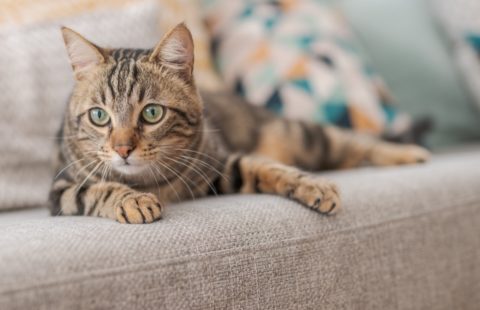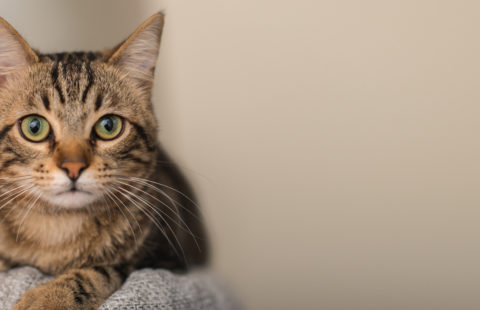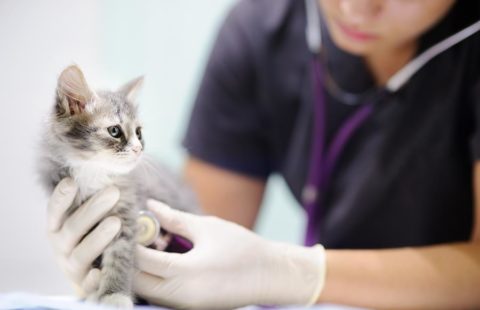Just as cats are individuals with their own quirks and preferences, so are people! A recent study by animal welfare researcher and iCatCare Feline Wellbeing Panel member, Dr Lauren Finka and her colleagues, discovered that the variation people show in the way they interact with cats can be categorised into seven broad styles.
Surprisingly, the study found greater cat ownership experiences and self-assessed cat knowledge were not positively associated with ‘best practice’ styles of human-cat interaction. Instead, these characteristics, alongside greater participant age and the personality trait of Neuroticism, were generally predictive of interaction styles known to be less preferred by cats.
It appears there may be a tendency for people to equate ample time owning cats with a belief of their greater understanding of cats. However, their actions appear to tell a different picture. What we do not currently know is whether the knowledge is there or not since it was self-reported by participants in this study and not assessed formally. Are people who have owned cats for a long time knowledgeable but don’t put such knowledge into action, or is their belief in their knowledge an inaccurate reflection of their actions towards cats?
What is clear, however, from these new research results, is that we should NOT be considering the following measures as reliable indicators of a person’s ability to interact with cats in a cat friendly way:
- Greater ownership experiences, as measured via self-reported knowledge/experience
- Greater numbers of cats lived with over their lifetime
- Longer periods of cat-cohabitation
Lead researcher Dr Lauren Finka said:
“Our findings suggest that certain characteristics we might assume would make someone good at interacting with cats – how knowledgeable they say they are, their cat ownership experiences and being older – should not always be considered as reliable indicators of a person’s suitability to adopt certain cats, particularly those with specific handling or behavioural needs.”
Lauren added:
“The good news is, however, that we can use this information in a really positive way to develop targeted educational interventions to ensure that everyone is aware of the best ways to interact with cats to maximise their enjoyment from interactions with us. For example, Battersea recently developed an animation which demonstrates optimal ways we can behave around cats.”
A cat’s preferred style of interaction is one where the cat dictates the nature of quantity of the interaction. The next challenge is how do we teach people to interact in this way and let the head rule the heart!
iCatCare has a number of educational resources available on the subject of cat friendly interactions. To learn more visit:
https://icatcare.org/unowned-cats/cat-friendly-homing/care-cat-friendly-interaction/
https://icatcare.org/handling-and-interactions/
https://icatcare.org/advice/handling-cats-videos-for-owners/






